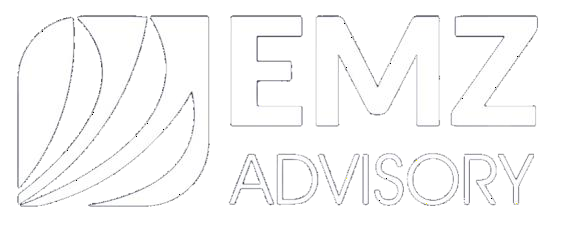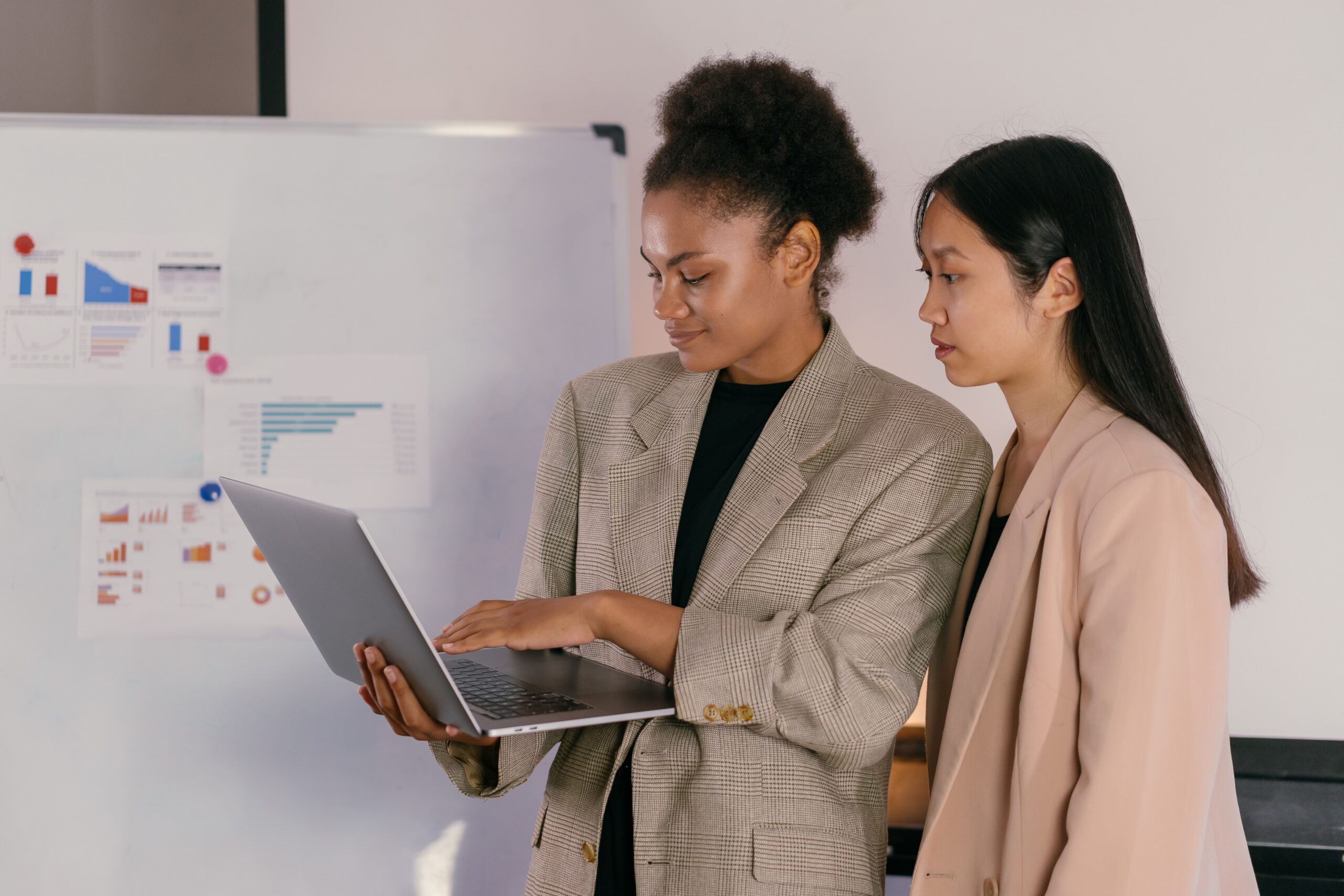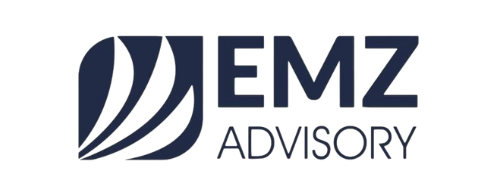111 years ago, the United Nations General Assembly invited member states to proclaim March 8 as International Women’s Day – a day dedicated to reflecting on the advancement of women’s rights and world peace.
The theme for 2020 is ‘Think Equal, build smart and Innovate for change’ – rightly capturing the essence of the 21st century. The day comes ahead of the 63rd sitting of the Annual Commission on the Status of Women to be held on 11-22 March at theUnited Nations headquarters in New York City. The focus of the activists and policymakers attending will be on using innovation to boost investment in gender-responsive social systems, build public services and expand infrastructure.
From a business perspective, after numerous years of trying to include women at the top, albeit with limited progress, research continues to show that the organisations that have women in leadership have healthier and optimal performance compared to organisations that do not. A big step change in the numbers will come from more decision-makers realizing that the rise of women is not about the fall of men. Both genders can work together in creating a gender-balanced world. The progress we have seen will hopefully continue to demystify the stereotypes, especially as the diverse representation of women becomes more evident. The world needs more progressive mindsets and inclusive behaviours to become the norm.
Inspired by the real-world insights of many successful women and the organisations that have done well in enabling gender equality in the workplace, my talks on this topic always reference the essential behavioural traits that are suited for our fast-changing, hyper-competitive and increasingly complex world. These traits, which are relevant for both men and women alike, remain largely underutilized and need to be brought to our consciousness in order to unleash potential. My own insights as a woman in business, having personally experienced the context of working in different countries around the world and seeing the gaps and opportunities. Over time I have realized that this is not something that you can solve only with a conversation. Since then, my team and I at EMZ Advisory have shifted gears towards delivering training and seminars for groups that are focused on unpacking the five key research-based feminine elements that enable both women and men to become more holistic leaders, which are meaning, framing, connecting, engaging, and energizing. Other topics that we cover in our women in leadership programmes include power and relationships, effective social networks, communication, development and influence. These are the essential skills you need to enhance your power, navigate the workplace, and take the lead.
We are doing our part to be part of the solution and prefer to avoid complaining about the issue and not taking any action. I hope you, the reader, are doing your part in making this a success. Is it enough? Get in touch.


